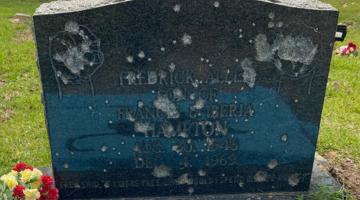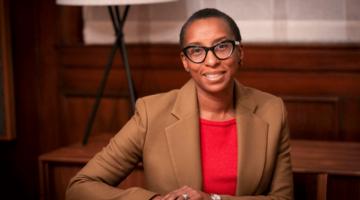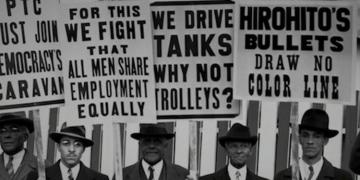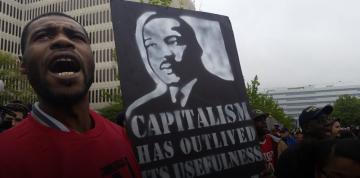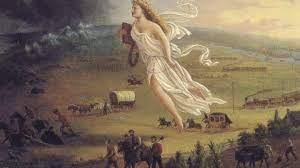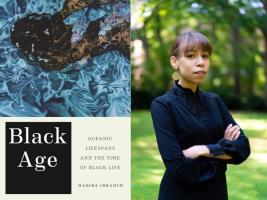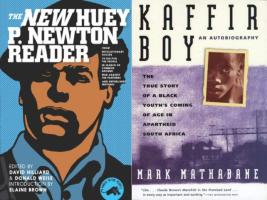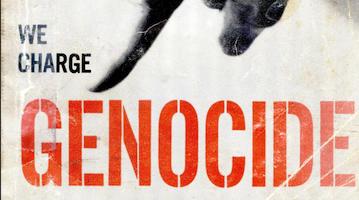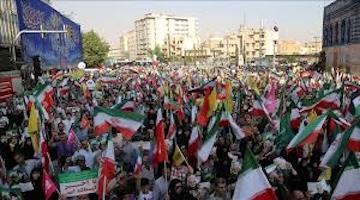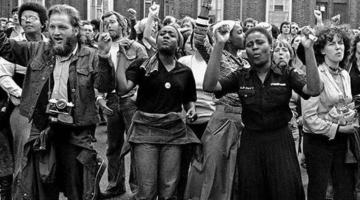BAR Book Forum: Louis M. Maraj’s “Black or Right”
In this series, we ask acclaimed authors to answer five questions about their book. This week’s featured author is Louis M. Maraj. Maraj is an Assistant Professor of Writing Studies at the University of British Columbia. His book is Black or Right: Anti/Racist Campus Rhetorics.
Roberto Sirvent: How can your book help BAR readers understand the current political and social climate?
Louis M. Maraj: While much of the book is set within the spaciotemporal and cultural contexts of 2016, its acute focus on the Black Lives Matter movement and the overt white supremacist fervor surrounding the US presidential election that year gives readers means to grapple with the racial sociopolitics of today. By looking specifically at resistant knowledge-making practices, Black or Right offers ways to help situate how Black expressive forms counter violences of the West and its institutions, particularly educational institutions that oftentimes present themselves as progressive, culturally responsive, and allied with oppressed people’s struggles. Though it’s become more pronounced that these universities devalue Black thought—we can see very public examples from the recent tenure denials of high-achieving Black women scholars like Lorgia García Peña and Nikole Hannah-Jones—the book highlights quotidian practices that cultivate the antiBlackness so prevalent in the lives of students, staff, faculty, and others in white academic spaces, while seeking glimpses of Black flight from them. It also shows how what happens on these campuses is not in any way separate from what happens elsewhere in the antiBlack world. These spaces continue to contribute to and manifest the afterlives of Transatlantic slavery through their forms, rhetorics, functions, modes, and operations.
What do you hope activists and community organizers will take away from reading your book?
I suppose I hope that activists and community organizers see themselves in the book. Perhaps examples would be useful: its third chapter on the Black Lives Matter movement emphasizes how a few key players in that struggle theorize meaning through inter(con)textual reading: a kind of questioning of interconnections not readily noticeable between bodies, identities, language, spaces, gestures, and conditions in and surrounding communicative situations. That rhetorical practice arises from a mobilization of what Black feminist political scientist and activist Cathy Cohen calls a “practical intersectionality” in BLM’s philosophical approach. Likewise, the fourth chapter highlights the work of student activists, who, in the face of being threatened by expulsion and police violence, illuminate the racist ways that university administrators frame them as “disruptive” to the functions of academia for simply occupying space. These are just a couple of ways in which Black or Right’s focus on Black feminist praxis spotlights knowledge-making occurring “on the ground” in activist movements to understand these moves as deftly rhetorical. I am deeply indebted to these communities and the people out here protesting racial violence, including those whose names I’ll never know. Without them actively shaking things up—and I mean even within their own intra- and inter-communal spaces—Black or Right would not be possible.
We know readers will learn a lot from your book, but what do you hope readers will un-learn? In other words, is there a particular ideology you’re hoping to dismantle?
This might be too big of a question for a single response. I think there may be a few ideologies that I hope readers might unlearn, but I’ll try to speak to a couple just briefly. One sort of overarching ideological frame that Black or Right questions is the compulsion to think through addressing whiteness as a primary avenue to antiracism. Starting with whiteness means that we come to particular issues via terms of dominance and violence and their respective mechanisms. Black or Right asks that we approach antiracism, instead, from blackness—Black experiences, communicative modalities, and expressive forms that generatively (and continuously) disrupt this thing called race or racial difference and static definitions of either. Another ideological premise that the book pushes against is disciplinarity and the neat lines we tend to draw between modes of thought. I’m following Black feminist thinkers like Sylvia Wynter and Christina Sharpe in undisciplining the study of blackness from any particular field/s of knowledge. So, you’ll see gender and sexuality discussed alongside rhetoric and communication in conversation with digital media studies, sometimes together with writing studies, literacy studies, media theory, historiography, or sociology, or political science, or a range of other kinds of scholarship. Similarly, Black or Right unsettles notions of genre/s in some ways—so you’ll find poems, meditations, anecdotes, varied uses of language, etc. alongside ethnographic study, discourse analysis and much more throughout the book. In some ways I hope readers might also un-learn how even the ways in which we read and the very ideas we have of what a book might be and do could be challenged. It is in that challenging that we might see, read, think other/wise.
Who are the intellectual heroes that inspire your work?
I’m not sure “heroes” would be the language I’d use to describe those who deeply influence my work and thinking, but nonetheless, the following people have oriented and continue to prompt the ways I engage the world. I want to be clear, though, that this list and/or its categories are in no way in order of importance. CLR James and Eric Williams were formative to my early intellectual thought growing up in the Caribbean. Other Caribbean figures like Sylvia Wynter, Aimé Césaire, Frantz Fanon, Édouard Glissant, Claudia Jones, Derek Walcott, VS Naipaul, along with calypsonians like Singing Sandra, Black Stalin, Brother Resistance, Chalkdust, etc. have had a deep impact on how I frame things. I’m greatly indebted to Black feminist thinkers and Black women scholars, writers, activists, and artists like Wynter, Hortense Spillers, Christina Sharpe, Audre Lorde, Saidiya Hartman, June Jordan, Cathy Cohen, Dionne Brand, Denise Ferreira da Silva, Ntozake Shange, Jacqueline Jones Royster, Toni Morrison, Zakiyyah Iman Jackson, Geneva Smitherman, Assata Shakur, Simone Browne, Beverly Moss, Carmen Kynard, Alexis Pauline Gumbs, Yona Harvey, Barbara Ransby, Jayna Brown, Tara Conley, Ersula Ore, Angela Davis, bell hooks, and Patricia Hill Collins, among others. The work of WEB DuBois, Fred Moten, Nahum Chandler, Alexander Weheliye, Achille Mbembe, Cedric Robinson, Frank Wilderson III, and Carter G. Woodson has been generative in my thinking on blackness. I’m also inspired by cultural theorists like Mel Y. Chen, Sara Ahmed, Arjun Appadurai, Wendy H. Hesford, among others. Contemporaries like my life partner Alexis McGee and my co-author Pritha Prasad often help fuel my thinking and imagination. And I must shoutout RA Judy, whose expansive knowledge and brilliant scholarship have had and continue to have profound impacts on me. But I would be nowhere but for my mother Carolin Maraj.
In what way does your book help us imagine new worlds?
I would answer this question by pointing to the expressive forms of Black or Right—the ways in which it plays with, putties, and makes pliable language, semiotics, and ideas. Through these mechanisms, the content of the book allows space for fluidities in meanings and interpretations that offer gestures and glimpses toward understanding how Black people might think, story, and express other/wise in violent environments. That is at the sentence-level, but these granular details—like uses of parenthesis, slashes, dashes, and Trinbagonian expressions, for instance—work in tandem with larger takeaways. Those broader interventions—that the affordances of Black autoethnography, hashtagging, inter(con)textual reading, and reconceived disruption might help us rearticulate the violences of the West in reiterative glances toward something other/wise—mean embracing a particular, continuous (un)doing of what we’ve come to know as “truths of power,” as Wynter calls them. Antiracism, then, might be understood as the constant pushing against, flipping sideways, tugging on, and destabilization of racializing tropes and expressions, toward an (un)making of tings, by, as we say in Trinidad, mashin up de place.
Roberto Sirvent is editor of the Black Agenda Report Book Forum.

